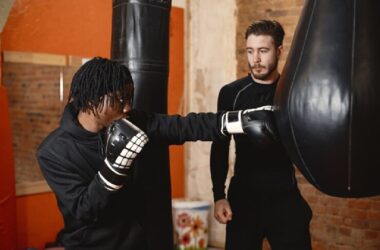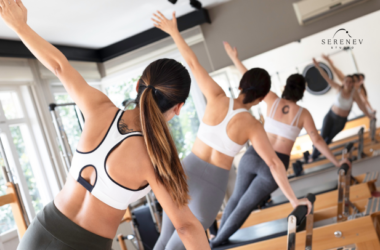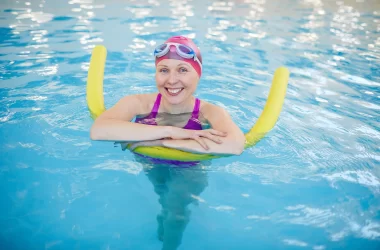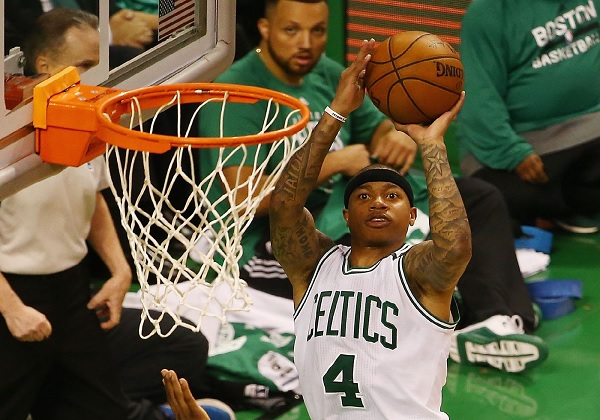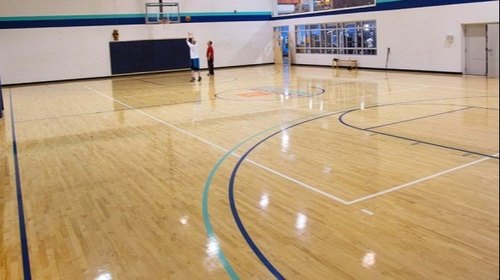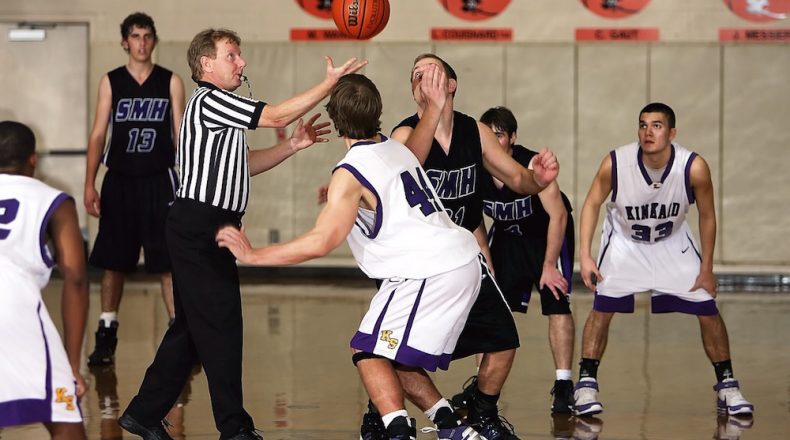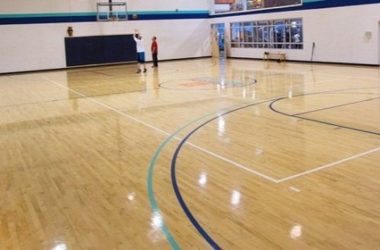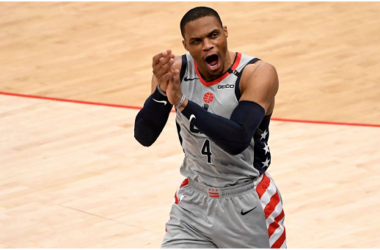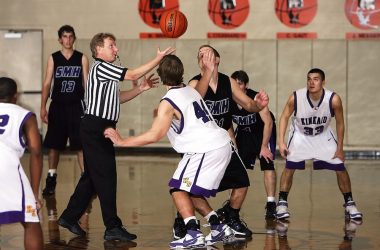Whether it’s martial arts, football, rugby or boxing, you cannot expect to start engaging in any of these sports without proper training. However, if you end up attending any organised club it will mean a trainer or coach will be there to guide you through the process of training your body to meet the demands of these physical sports – but it doesn’t hurt to get a head start.
Here are a few approaches to take:
Warming Up
One of the simplest and most important steps in any training regime is the warm-up process. It not only prepares the body for straining and rigorous exercise, but also helps to prepare you psychologically by getting in the right headspace to perform.
Replication
There is sense in training with specialised machinery or set-ups to replicate some of the physical and endurance situations players might find themselves in. A great example of this would be the scrum in rugby, where eight players from each side attempt to outmanoeuvre and physically dominate the oppositions eight players to win the ball. There is machinery designed to replicate the biomechanics of the scrum, but it will never truly match the dynamic physicality an actual player will bring. The same applies for sparring with a partner in martial arts.
Therefore, the best way to train for this would be to do it with actual players – but both ways have their merit, so it’s important to find a balance.
Don’t Overdo it
There’s no point in strength training for a contact sport if you are left exhausted, sore or injured for the actual sport training.
There is also something to be said for gaining too much muscle mass, as sports like football demand high-intensity, explosive work which bodybuilding training will affect by emphasising individual muscle groups, leading to less energy being available for playing.
Circuit vs Stage Training
Circuit training is best when working at lower intensities due to them being consecutive sets with minimal rest in between working all the major muscle groups.
Stage training is for the more advanced athlete, with a focus on strength gained by doing three sets of each exercise before moving onto the next. In team sports like rugby or football, individual players can target areas specific to their position.
Become Bulletproof First
An injured athlete is ultimately training less. While it may be important to improve strength for your respective sport, it is also important to strength train to improve muscle resistance and prevent injuries that inhibit progress.




